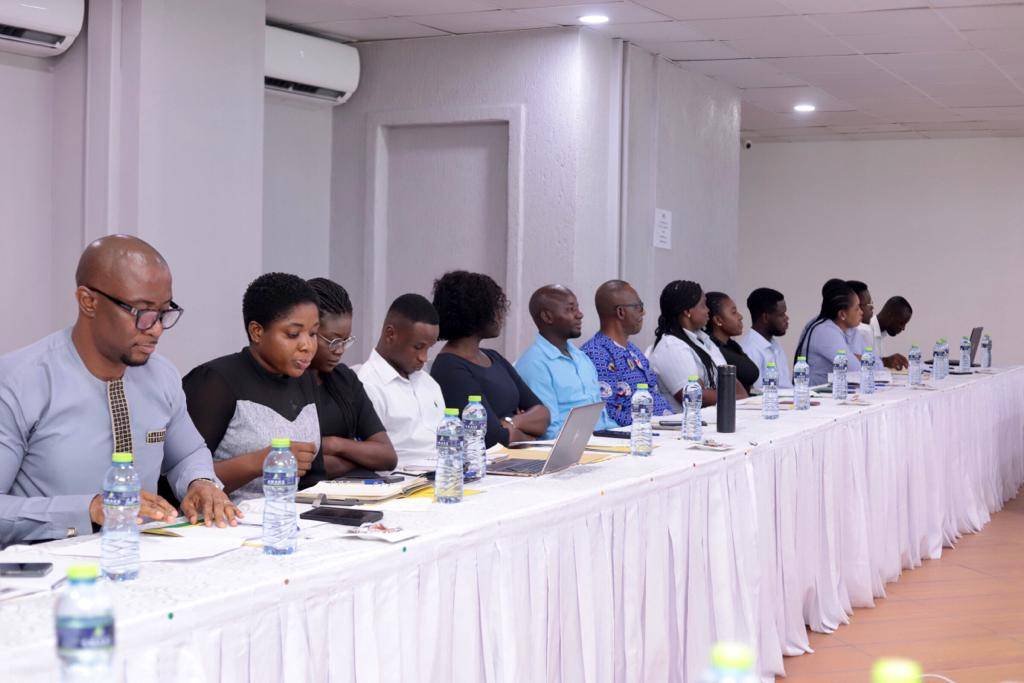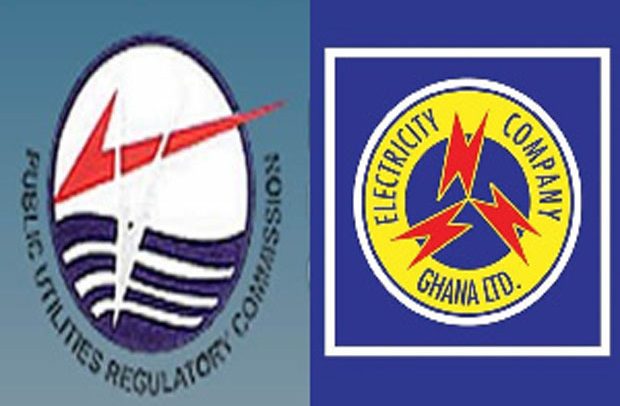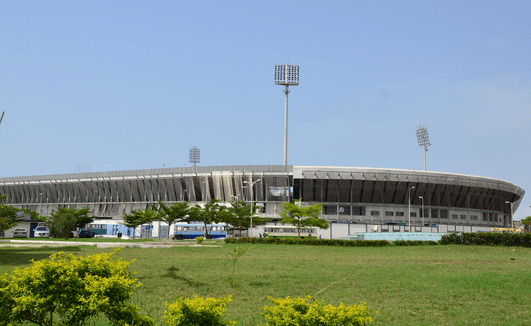
The 2026 budget is expected to draw a favourable response from investors as government moves to consolidate recent macroeconomic gains while easing pressures on businesses through targetted tax reforms, according to economic policy analyst Dr. Theo Acheampong.
Dr. Acheampong described the fiscal plan as credible and aligned with the ongoing macroeconomic recovery, saying it strengthens the foundation for stability, investment and job creation.
The economist noted Ghana’s economic reset has progressed faster than many analysts expected two years ago, though he added that the gains remain dependent on continued fiscal discipline and reforms in the energy and state-owned enterprise sectors.
“This is a credible budget that consolidates Ghana’s macro turnaround,” Dr. Acheampong said, adding that it broadly protects social programmes while gradually scaling them. He expects currency markets, eurobond holders and local investors to react positively in the coming days as confidence builds around government’s fiscal outlook.
These comments follow presentation of the 2026 Budget Statement to parliament by Finance Minister Cassiel Ato Forson, who characterised the plan as “the next phase of national renewal”.
The minister said government’s task in 2026 is to convert the stability achieved in 2025 into stronger economic activity and better living standards.
The budget focuses on maintaining fiscal discipline, promoting job creation through investment-led growth and strengthening priority sectors such as education, social protection and health.
Government is targetting a 1.5 percent primary surplus of GDP and intends to sustain single-digit inflation and a stable exchange rate.
In 2025, Ghana posted one of its strongest fiscal recoveries in decades. The primary balance swung from a 3 percent deficit in 2024 to a 1.6 percent surplus by September 2025, outpacing expectations and restoring some investor confidence.
Non-oil tax revenue rose to 8.7 percent of GDP while Treasury-bill rates dropped sharply, cutting interest costs by about GH¢8.8billion. Public debt also fell – from GH¢726.7billion in 2024 to GH¢630.2billion by October 2025, helped by tighter spending controls, improved revenue collection and a stronger cedi.
“These numbers show that discipline delivers results,” Dr. Forson told lawmakers.
Ratings agencies including Fitch, Moody’s and S&P upgraded Ghana’s sovereign ratings in 2025, citing stronger policy credibility and improved debt dynamics.
Dr. Acheampong said these improved fiscal metrics underpin the positive market expectations.
He however added that vulnerabilities remain, particularly around reliance on expenditure restraint, the need for continued revenue mobilisation and unresolved structural issues within state-owned enterprises.
He highlighted challenges such as tariff under-recovery, governance weaknesses and legacy arrears in the energy sector.
“The effectiveness of these new measures is yet to be fully tested through the economic cycle and especially the electoral cycle,” Dr. Acheampong said, referring to a recent S&P assessment that upgraded Ghana to B-/B.
The budget lays out a series of reforms aimed at easing business costs and simplifying tax administration. Government has scrapped the COVID-19 Health Recovery Levy, reduced the effective VAT rate from 21.9 percent to 20 percent, abolished VAT on mineral reconnaissance and prospecting and increased the VAT registration threshold from GH¢200,000 to GH¢750,000. The ministry estimates that these reforms will return about GH¢5.7billion to businesses and households in 2026.
Dr. Forson said the changes are designed to make Ghana “a more business-friendly economy” and support job creation among small and medium enterprises.
Dr. Acheampong said the VAT overhaul and threshold adjustments demonstrate an effort to address the long-standing macro-micro disconnect by reducing the operational burden on smaller firms.
Government is also prioritising digitalisation of revenue administration. The Ghana Revenue Authority plans to deploy fiscal electronic devices for monitoring taxable transactions, introduce digital tools for collecting VAT on cross-border e-commerce and launch a VAT reward scheme to encourage demand for receipts.
Customs processes will incorporate AI-based pre-arrival inspection systems to address under-invoicing and misclassification of imports, which contributed to significant revenue leakages in the past.
On the spending side, government intends to cap non-essential expenditure, eliminate low-value programmes and redirect savings toward infrastructure, agriculture, energy and education.
Priority initiatives include the ‘24-Hour Economy’ programme and ‘Big Push’ infrastructure agenda. Social protection schemes such as school feeding, free secondary education, LEAP and the National Health Insurance Scheme will maintain funding levels.
Dr. Acheampong said government’s approach shows an attempt to balance stability with targetted development spending. He pointed to proposed infrastructure projects such as the Accra–Kumasi expressway PPP and Ekye Amanfrom–Adawso Bridge as examples of productivity-enhancing investments that could widen economic activity.
Still, he cautioned that external shocks – including fluctuations in gold and cocoa prices – pose risks to the outlook. Ghana’s exposure to commodity cycles and external financing pressures, he said, means disciplined budget execution will be critical in 2026.
“Government has to be razor-sharp on capital budget execution and recurrent expenditure controls,” he said, adding that markets will be watching spending patterns closely.
Despite the risks, Dr. Acheampong maintains that the budget’s overall direction is positive.
“I expect the markets will react positively to the budget numbers,” he said, signalling optimism of investor sentiment continuing to improve if fiscal discipline holds.
The post Markets expected to respond positively to 2026 budget appeared first on The Business & Financial Times.
Read Full Story


























Facebook
Twitter
Pinterest
Instagram
Google+
YouTube
LinkedIn
RSS